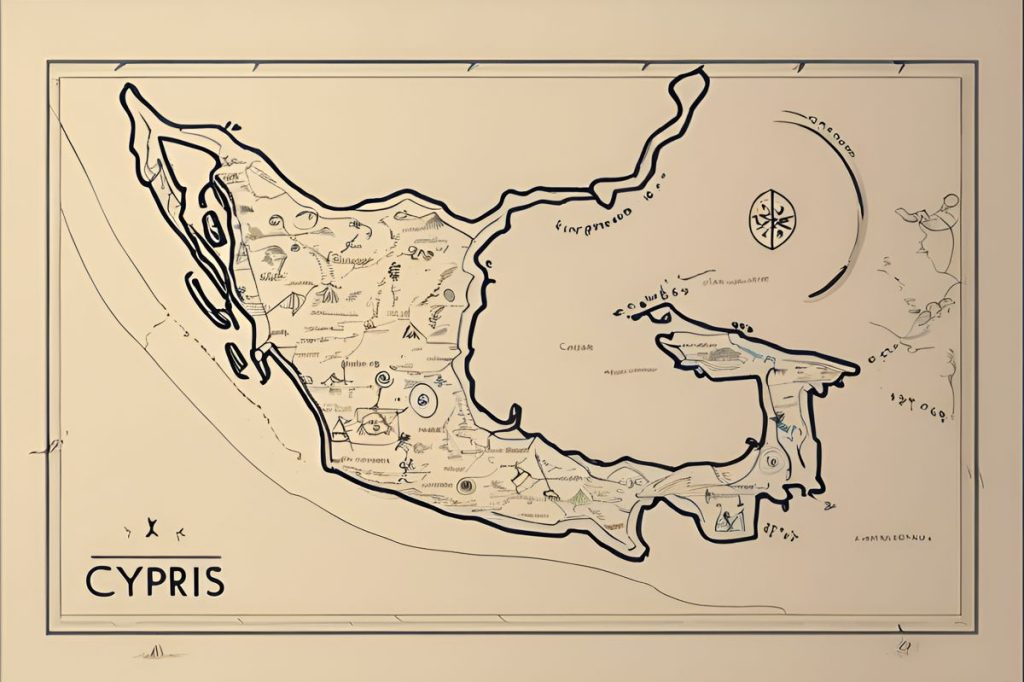Cyprus’s stable economic environment and legal system aligned with respected English law make it a reliable business hub. The island’s strategic location in Europe and involvement in projects like the Great Sea Interconnector highlight its significance in the energy sector and its commitment to fostering regional cooperation.
Why is Cyprus considered a reliable business hub?
Cyprus is recognized as a reliable business hub due to its stable economic environment, legal system aligned with respected English law, strategic location for trade and energy security in Europe, and involvement in strategic projects like the Great Sea Interconnector, aiming to connect power systems across the Eastern Mediterranean.
A Hub of Stability and Legal Reliability
Cyprus has long been recognized as a “reliable business centre,” a reputation that Commerce Minister George Papanastasiou emphasized during a recent business conference in New York. With its steadfast economic environment, the island offers investors a sense of comfort unparalleled in other regions. This is largely due to its legal system, which is closely related to the renowned English law and is trusted globally.
The strategic location of Cyprus in the Eastern Mediterranean is not just a crossroad of cultures and trade but also a pivotal point for energy security in Europe. The island’s significance in this domain is further highlighted by its potential role in the Great Sea Interconnector project.
Strategic Energy Projects and Regional Dynamics
The Eastern Mediterranean has been a focal point of attention for its potential role in ensuring Europe’s energy security. Minister Papanastasiou discussed the ambitious Great Sea Interconnector project, which aims to connect the power systems of Cyprus, Greece, and Israel. This interconnection is deemed particularly crucial in the context of Europe’s quest for energy independence from Russian gas.
However, the project’s fruition has seen some tensions, particularly between the Cypriot and Greek governments. Greek Energy Minister Theodoros Skylakakis has expressed concerns over missed deadlines by the Cypriot government, which could jeopardize the European Commission’s financial support for the project, as well as an additional €100m pledged through the EU’s Recovery and Resilience Facility.
Financial Commitments and Collaborative Challenges
The warning by Minister Skylakakis spotlights the gravity of the situation: the missed deadlines have significant implications. There is an urgency for Cyprus to make a decision, as the delay could result in losing the substantial investment and, consequently, the chance of Cyprus being connected to the rest of Europe.
Amidst these developments, Greece has shown considerable goodwill towards ensuring the project’s success. Yet, there are clear indications that this patience may not be indefinite. The Greek government’s responsibilities towards its consumers and taxpayers stand as a priority, pushing for a timely resolution.
On the other hand, the Cypriot government has indicated that it is still discussing conditions and awaiting a detailed cost-benefit analysis from Greece’s Independent Power Transmission Operator (Admie). This analysis is crucial for Cyprus to proceed with its final investment decision on the project.
The Path Forward
Despite the financial and political complexities associated with the Great Sea Interconnector, the project remains a beacon of hope for regional cooperation and a testament to Cyprus’s role as a reliable business hub. The ongoing discussions and strategic decisions are not only pivotal for Cyprus but also for the broader geopolitical energy landscape of Europe and the Eastern Mediterranean.
As discussions and negotiations continue, the anticipation of a mutually beneficial agreement remains high. The project stands as a symbol of progress and regional unity, offering a potential solution to Europe’s energy concerns and further cementing Cyprus’s reputation as a stronghold of business and legal reliability.
Why is Cyprus considered a reliable business hub?
Cyprus is recognized as a reliable business hub due to its stable economic environment, legal system aligned with respected English law, strategic location for trade and energy security in Europe, and involvement in strategic projects like the Great Sea Interconnector, aiming to connect power systems across the Eastern Mediterranean.
What is the significance of Cyprus’s legal system in its reputation as a business hub?
Cyprus’s legal system, closely related to English law, plays a crucial role in the island’s reputation as a reliable business hub. Investors find comfort in the familiarity and trustworthiness of this legal framework, contributing to Cyprus’s appeal as a stable and secure environment for business operations.
What is the Great Sea Interconnector project, and why is it important for Cyprus?
The Great Sea Interconnector project aims to connect the power systems of Cyprus, Greece, and Israel, enhancing energy security and fostering regional cooperation. This project is crucial for Cyprus as it solidifies its role in the energy sector and aligns with broader European goals of reducing dependence on Russian gas and achieving energy independence.
What challenges are associated with the Great Sea Interconnector project, and how are they being addressed?
Challenges such as missed deadlines and financial implications have surfaced in the Great Sea Interconnector project, particularly between the Cypriot and Greek governments. Discussions are ongoing, with a need for timely decisions to secure investments and ensure the successful implementation of the project. Cooperation and alignment between stakeholders are essential to overcome these challenges and move towards a mutually beneficial agreement.

